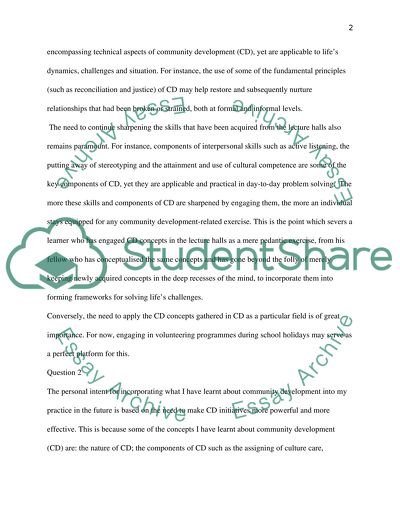Cite this document
(“Reflective Practice (community practice Australia) Essay”, n.d.)
Retrieved de https://studentshare.org/sociology/1485609-reflective-practice-community-practice-australia
Retrieved de https://studentshare.org/sociology/1485609-reflective-practice-community-practice-australia
(Reflective Practice (community Practice Australia) Essay)
https://studentshare.org/sociology/1485609-reflective-practice-community-practice-australia.
https://studentshare.org/sociology/1485609-reflective-practice-community-practice-australia.
“Reflective Practice (community Practice Australia) Essay”, n.d. https://studentshare.org/sociology/1485609-reflective-practice-community-practice-australia.


